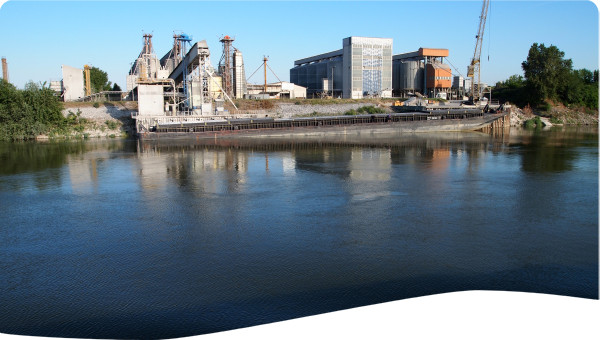Environmental awareness is at an all-time high among the public in the United States. In the 1970s, such awareness led to landmark legislation to improve the quality of our air, land, and water. In the 1990s, much of this legislation is before the Congress for reauthorization and the nation is poised to address old and new environmental problems. The lessons learned and the limitations imposed by increasingly scarce resources, however, have altered the perspectives from which citizens and policy makers are seeking solutions that are less costly, require less government intervention, and push technological development further than conventional policies.
This article examines pollution charges, a set of environmental policy instruments that are receiving increased consideration in discussions of many environmental issues. The purpose here is not to survey-comprehensively or otherwise-the extensive economic literature on pollution charges, which dates back at least to the early 1970s. Rather, the purpose is to provide a brief introduction and overview for researchers and practitioners working in other disciplines of some current thinking on pollution charges and related market-based environmental policy mechanisms in the highly political context of contemporary policy deliberations.
 Resource -
Resource -


